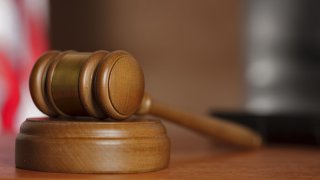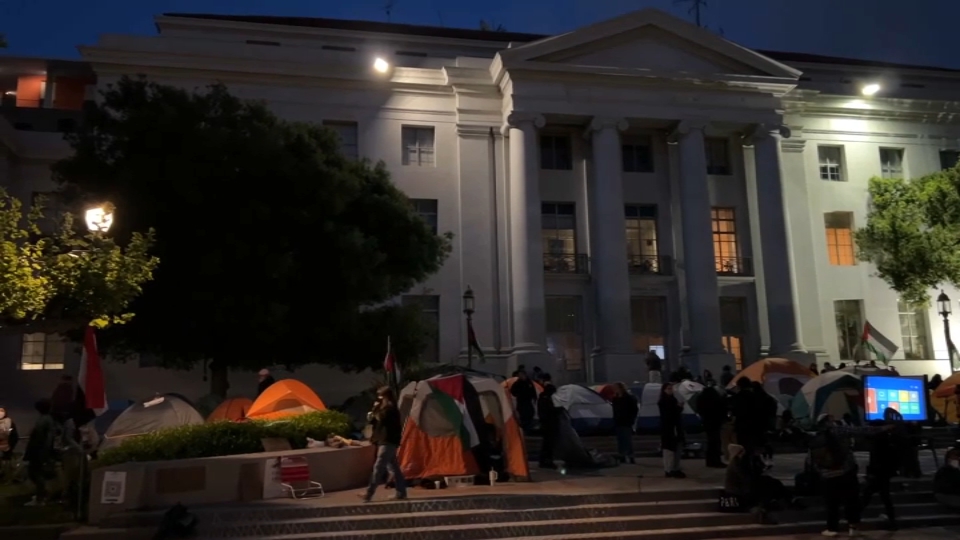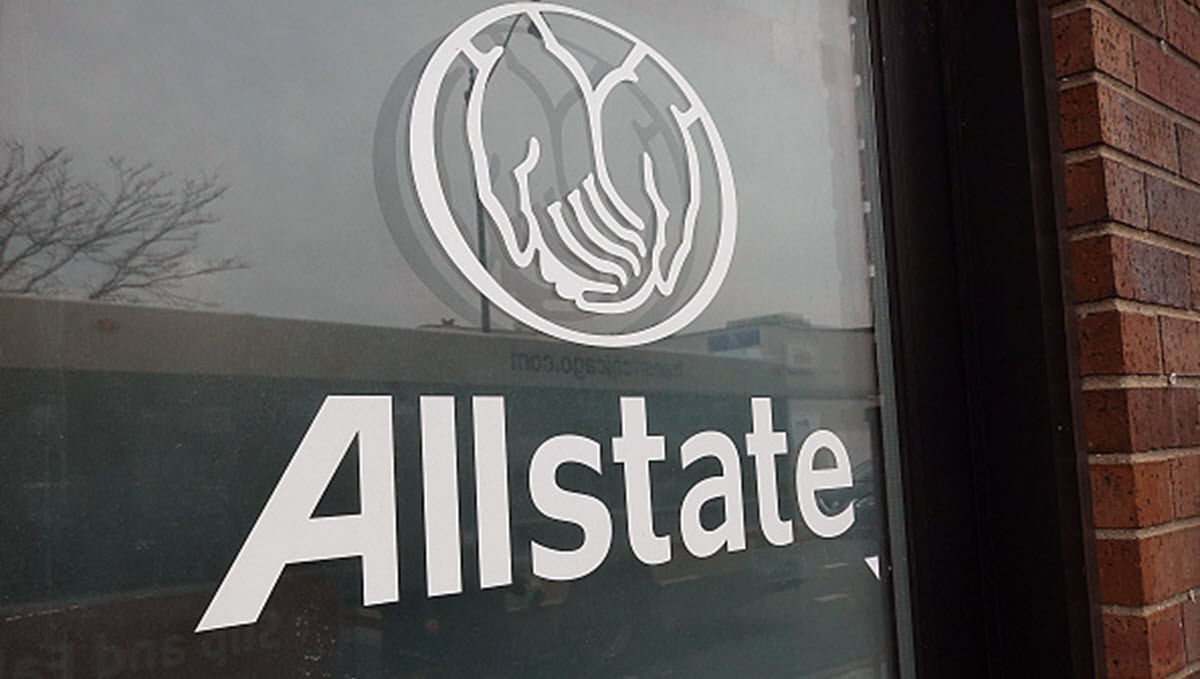
The U.S. Court of Appeals for the 9th Circuit on Thursday decided that the time Apple employees spend waiting to be searched when they leave Apple's retail stores constitutes "hours worked" for purposes of California's minimum wage law.
The case has a long history. In 2013, five Apple employees working at Apple retail stores, filed suit and requested their action to be given class action status. The complaint alleged that Apple's security policy was to require individuals who carried bags - including purses, backpacks and briefcases - out of the store, to have the bag searched before exiting.
Plaintiffs estimated that the searches took between five and 20 minutes depending on whether there was a line and whether a manager was available to conduct the search.
Plaintiffs' theory was that under federal law and California state law, the time spent in exit searches was work and they objected to the fact that Apple was not paying for it.
The district court granted class action status to all employees who worked in Apple's retail stores in California after 2009 and had bags searched on exit.
While the case was pending, the U.S. Supreme Court decided another case that put to rest the question of whether search time was work for federal law purposes. That answer knocked out plaintiffs' argument as a matter of federal law, leaving only the California law question still at issue.
In California, a state agency, the Industrial Welfare Commission fixes "minimum wages, maximum hours or work, and standard conditions of labor."
Local
That body issued a general wage order that employees must be paid for "hours worked." Hours worked was in turn defined to be "the time during which an employer is subject to the control of an employer, and includes all the time the employee is suffered or permitted to work, whether or not required to do so."
The plaintiff's main argument was that while they were waiting for an exit search, they were physically at work and not allowed to leave until the search was performed. They said that showed they remained under the employer's control.
Apple countered by pointing out that only people with bags had to be searched upon exit. The plaintiffs were not required to bring bags to work; they brought them for their personal convenience. Had they left the bags at home, they would not have been searched at exit. Therefore, the time spent in searches was not controlled by the employer.
In 2015, the trial court agreed with Apple and granted summary judgment in favor of Apple. The court said "neither the searches nor waiting for them to be completed had any relationship to their job responsibilities."
Plaintiffs appealed to the 9th Circuit. However, because the primary issue in the case was the proper of interpretation of California law, the court implemented a seldom-used procedure to "certify" the state law question to the California Supreme Court for its determination.
That court accepted the certification and, after considering the matter, decided that search time was indeed "hours worked" in California. Crucial to the court's decision was its perception that searches were on work premises, compelled by the employer and were imposed mainly for Apple's benefit "by serving to detect and deter theft."
Apple argued that it could have simply prohibited employees from bringing bags and therefore the search policy was actually an accommodation to the employees.
The court disagreed. "Under the circumstances of this case and the realities of ordinary, 21st century life, we find far-fetched and untenable Apple's claim that its bag-search policy can be justified as providing a benefit to its employees."
Following the California Supreme Court's resolution of the certified question, the matter returned to the 9th Circuit for decision. That court found that the decision on the certified question essentially resolved the matter and so it reversed the trial court's decision, finding that search time was "hours worked."
The case will now return to the trial court for further proceedings.



